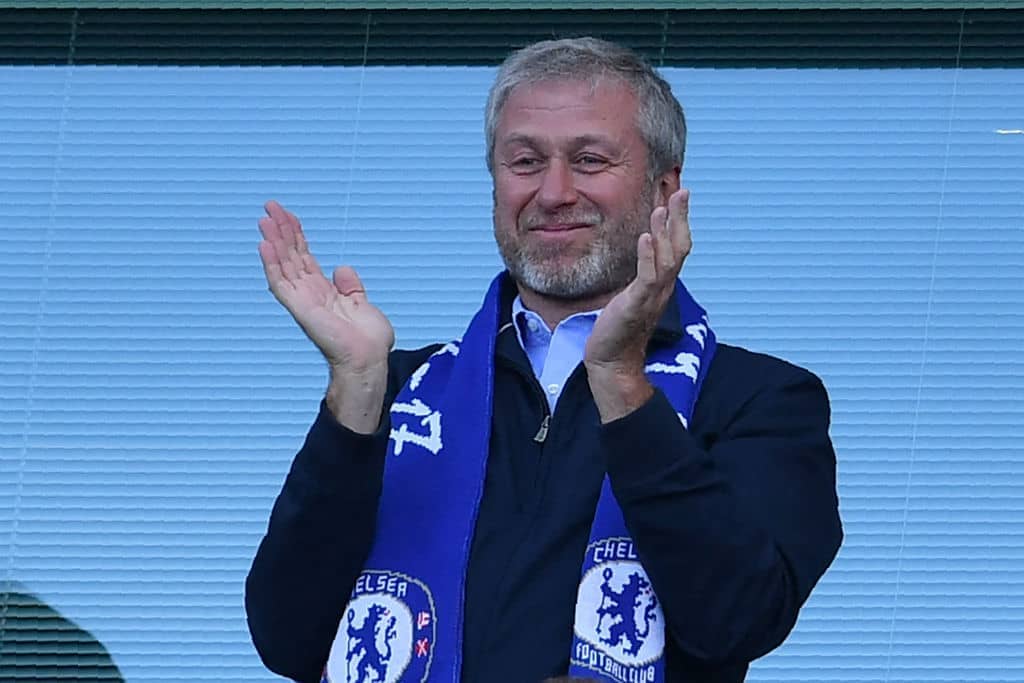With refugees fleeing Ukraine, shells raining down on civilians, and threats of chemical weapons being used on the battlefields of Ukraine, it was surely only a matter of time. Today the British government finally added Roman Abramovich to the list of sanctioned Russian oligarchs, freezing his assets, and making sure that he could not profit from any sales. That will impact his entire fortune, of course. But most of all, it will hit Chelsea Football Club – and radically re-shape the fortunes of the Premier League.
Abramovich’s departure will mark the beginning of an exodus of global money from British football
In the two decades since a then relatively unknown Russian tycoon took control of Chelsea, the economics of the game have been completely transformed. What was once a fairly ramshackle organisation, run by local businessmen driven by sentiment more than anything else, has been turned into a contest between different regimes or their proxies. Many matches are essentially Russia against Abu Dhabi or Thailand against China. There is hardly any UK ownership left. In the Premier League, only lowly Brighton, Norwich and Brentford are genuinely still controlled by English owners; and of the big clubs, only Tottenham Hotspur. Even then, its major shareholder Joe Lewis is based in the Bahamas.
Despite some complaints from the purists – mainly middle-aged men nostalgic for eating beef pies on freezing stands watching part-time electricians hoofing a ball around a muddy pitch – this investment has been good for the sport. Football clubs have been able to pay for the best talent in the world, the finest stadiums, and the kind of academies that churn out the most electrifying young talent. Fans are the real winners. The sport has become one of the world’s biggest forms of show business, with television audiences around the world. This is quite an achievement for towns like Burnley and Wolverhampton.
But if owners can be stripped of their rights overnight, then how many of the new breed of owners will feel safe? Is Newcastle, which was recently bought by Saudi Arabia’s sovereign wealth fund, safe? Er, not really. How about Manchester City, which is essentially owned by a member of Abu Dhabi’s royal family? Again, not really. Either of these clubs – and a whole host of others – could find themselves targeted by sanctions in the years ahead. Even the American owners of Manchester United, Liverpool and Arsenal might be wondering if the billions they have tied up in the clubs they own are as safe as they thought.
In reality, Abramovich’s departure will mark the beginning of an exodus of global money from British football. The most important principle for any form of investment is security. You need to know that you can get your money back if you happen to need it, and that as an asset can be sold as well as bought. That is no longer true for Abramovich and one day it might be true for the owners of Manchester City, Newcastle, Aston Villa or Wolverhampton Wanderers. That might be better, or it might be worse for the game. But football will be a very different kind of sport from now onwards.






Comments